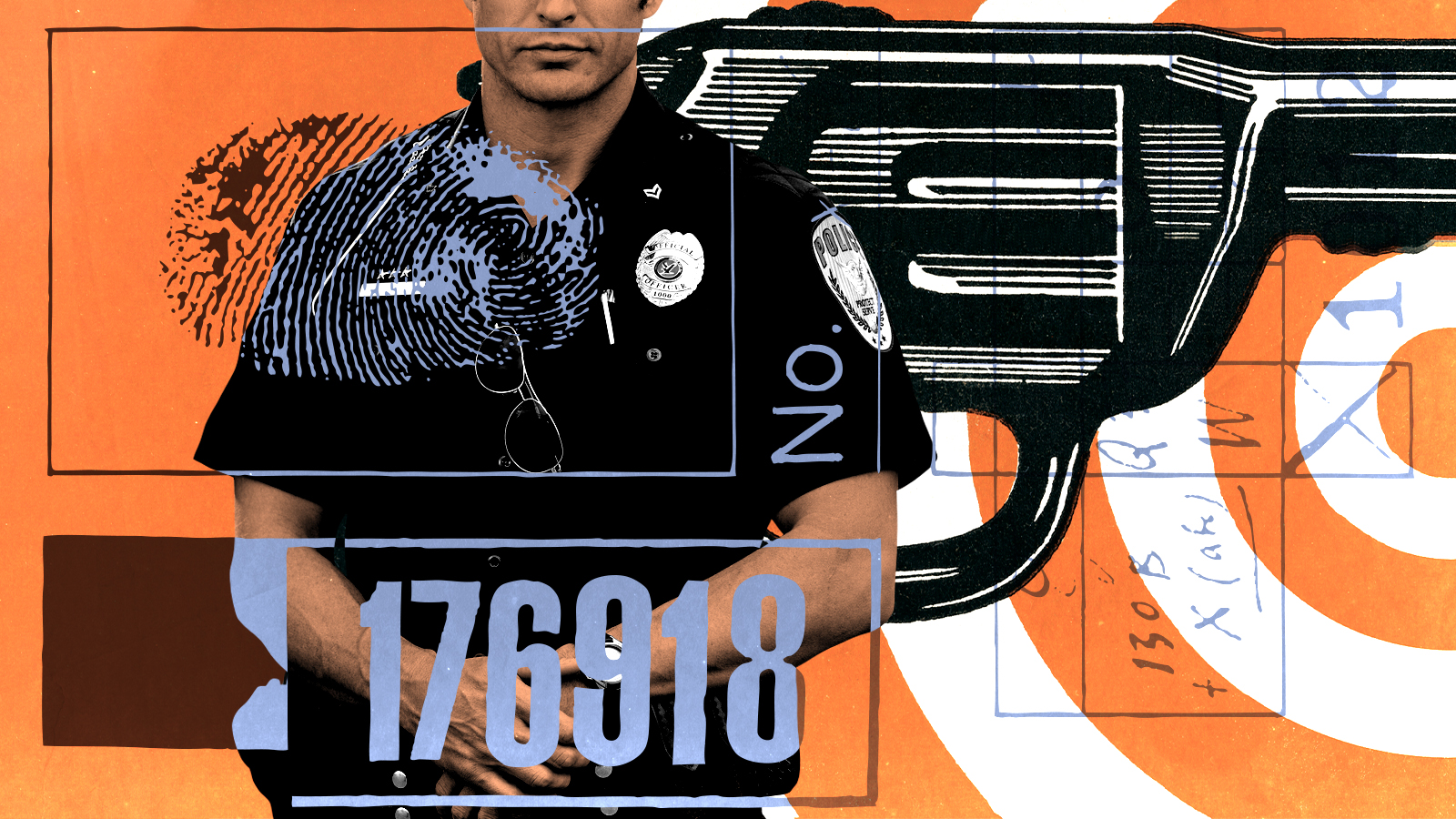The quiet return of proactive policing?


A free daily email with the biggest news stories of the day – and the best features from TheWeek.com
You are now subscribed
Your newsletter sign-up was successful
Violent crime is on the rise. Not everywhere and not evenly: The problem is concentrated in particular neighborhoods of particular cities, and many categories of crime show declines even as gun offenses and murder have surged. But there's anxiety on the streets that hasn't been felt in years or decades. Just last weekend, Chicago saw 56 shooting victims, nine murders, including a 3-year-old boy, and the public beating of an alderman.
Progressive journalists and pundits have mostly downplayed the trend. A recent report by the Biden-allied Third Way thinktank rejected "a narrative of lawlessness, chaos, and surging crime" on the grounds that "the spike in murder is unique to murder." It's hard to understand why this is supposed to be comforting. A poisoned meal is still deadly, even it's perfectly healthy apart from the arsenic.
There are signs that the public agrees, and wants to see the return of more proactive policing. In Harlem, some activists called for the reinstatement of a plainclothes unit that was disbanded in response to protests in 2020. In the D.C. suburb of Prince George's County in Maryland, officials recently announced the formation of a new taskforce on guns. This week, Chicago mayor Lori Lightfoot announced a budget proposal that includes about $200 million in new spending on police.
The Week
Escape your echo chamber. Get the facts behind the news, plus analysis from multiple perspectives.

Sign up for The Week's Free Newsletters
From our morning news briefing to a weekly Good News Newsletter, get the best of The Week delivered directly to your inbox.
From our morning news briefing to a weekly Good News Newsletter, get the best of The Week delivered directly to your inbox.
These measures aren't a return to the tactics or politics of the 1990s, when Republicans and moderate Democrats (including Joe Biden) cooperated on tough criminal justice policies. But they suggest that approval for reduced police presence and relaxed enforcement is wearing thin. "I think crime has a pretty elastic salience — when it goes up, particularly violent crime, people worry and respond rapidly by becoming more supportive of law enforcement," Manhattan Institute fellow Charles Fain Lehman told me. "While people are increasingly concerned about crime and may be on the margins less willing to endorse 'police reform,' I think that they have always been generally pretty sympathetic to techniques to keep their communities safe."
That sympathy may be polarized, though. A recent poll found that Black voters overwhelmingly opposed reducing the size of the Minneapolis police force and that a majority opposed a pending ballot measure to replace MPD with a new department of public safety. White voters, by contrast, strongly favored the proposal (although they opposed a smaller force). It's another example of a recurring pattern, in which the Americans who suffer most from crime demand more stringent enforcement than those who are more isolated from its effects. Sometimes, the silent majority is Black.
A free daily email with the biggest news stories of the day – and the best features from TheWeek.com
Samuel Goldman is a national correspondent at TheWeek.com. He is also an associate professor of political science at George Washington University, where he is executive director of the John L. Loeb, Jr. Institute for Religious Freedom and director of the Politics & Values Program. He received his Ph.D. from Harvard and was a postdoctoral fellow in Religion, Ethics, & Politics at Princeton University. His books include God's Country: Christian Zionism in America (University of Pennsylvania Press, 2018) and After Nationalism (University of Pennsylvania Press, 2021). In addition to academic research, Goldman's writing has appeared in The New York Times, The Wall Street Journal, and many other publications.
